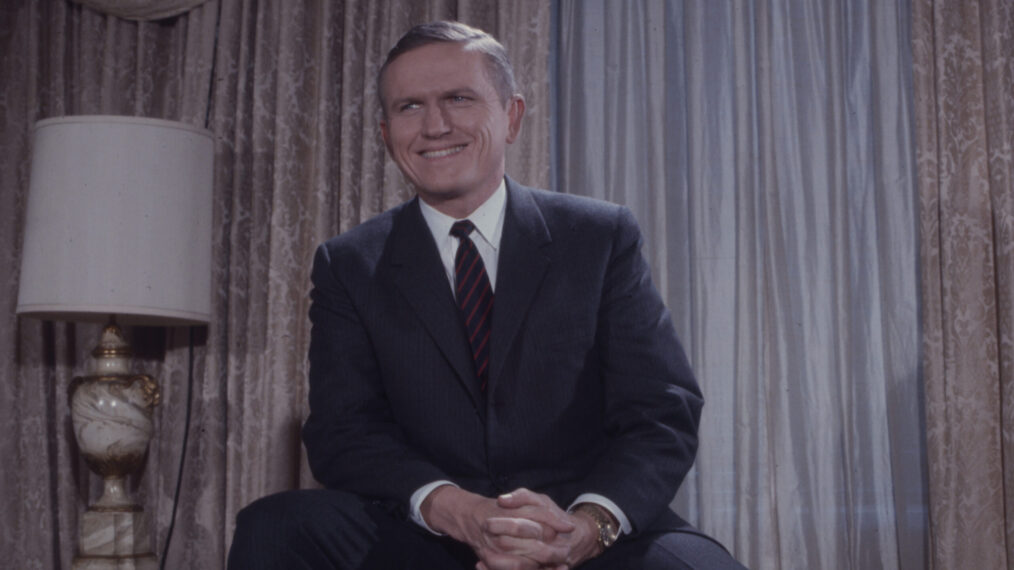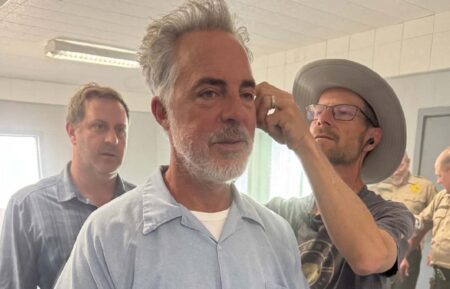Apollo 8 Astronaut Frank Borman, Who Led First Orbit of Moon, Dies at 95

Astronaut Frank Borman, the commander of the historic Apollo 8 Christmas 1968 mission, which orbited the moon 10 times and paved the way for the subsequent lunar landing, passed away at the age of 95. The National Aeronautics and Space Administration (NASA) reported that he died in Billings, Montana, on November 7.
After concluding his time in the astronaut corps, Borman led Eastern Airlines during the tumultuous period of the 1970s and early ‘80s, according to NASA.
However, he is most renowned for his contributions to NASA. Alongside his crewmates James Lovell and William Anders, Borman played a pivotal role in the first Apollo mission to reach the moon, providing humanity with the first-ever view of Earth as a distant sphere in space.
“Today, we remember one of NASA’s best. Astronaut Frank Borman was a true American hero,” NASA Administrator Bill Nelson said in a statement on November 9. “His lifelong love for aviation and exploration was only surpassed by his love for his wife, Susan.”
Departing from Florida’s Cape Canaveral on December 21, 1968, the Apollo 8 team, over the course of three days, journeyed to the moon and smoothly entered lunar orbit on Christmas Eve. Following ten orbits around the moon on December 24-25, they initiated their return journey on December 27.
During a live telecast from the orbiter on Christmas Eve, the astronauts delivered a reading from the Book of Genesis.
“In the beginning, God created the heaven and the earth. And the earth was without form and void, and darkness was upon the face of the deep.”
The audience was half a billion people across the globe.
The mission gained additional renown for the iconic “Earthrise” photograph captured by Anders, offering humanity a fresh perspective on their home planet. Anders noted that, despite extensive training and preparation for lunar exploration, the astronauts ultimately found themselves discovering Earth.
The Apollo 8 broadcasts won an Emmy, the highest honor given by the Academy of Television Arts and Sciences. Check out the moment below.
Born in Gary, Indiana, Borman spent his formative years in Tucson, Arizona. He pursued his education at the U.S. Military Academy at West Point, graduating in 1950 with a bachelor of science degree. That same year, he married his high school sweetheart, Susan Bugbee, who passed away in 2021.
Following graduation, Borman served as a U.S. Air Force fighter pilot and later became an operational pilot and instructor at West Point. In 1956, he relocated his family to Pasadena, California, where he earned a master of science degree in aeronautical engineering from the California Institute of Technology. In 1962, Borman’s career significantly turned when he was selected as one of nine test pilots for NASA’s astronaut program.
President Jimmy Carter awarded Borman the Congressional Space Medal of Honor for his contributions.
Prior to the Apollo 8 mission, Borman served on Gemini 7, a spacecraft that orbited the Earth for 14 days and, notably, executed the first-ever close rendezvous in space by approaching within a few feet of the Gemini 6 spacecraft, as reported in Nelson’s statement.
In 1967, Borman played a role on the Apollo 204 review board, investigating the tragic fire that claimed the lives of three astronauts during Apollo 1, as detailed in a NASA biography. Subsequently, Borman led the team responsible for redesigning the Apollo spacecraft.
In 1998, Borman and his son Fred embarked on a venture in Bighorn, Montana, establishing a cattle ranch. His surviving family includes another son, Edwin, and their respective families.
From TV Guide Magazine
How 'Countdown' Recruited Jensen Ackles to Go Full 'Die Hard'
Countdown boss Derek Haas talks creating the character around Ackles, and the cast teases the “Avengers”-like team of the crime thriller. Read the story now on TV Insider.









